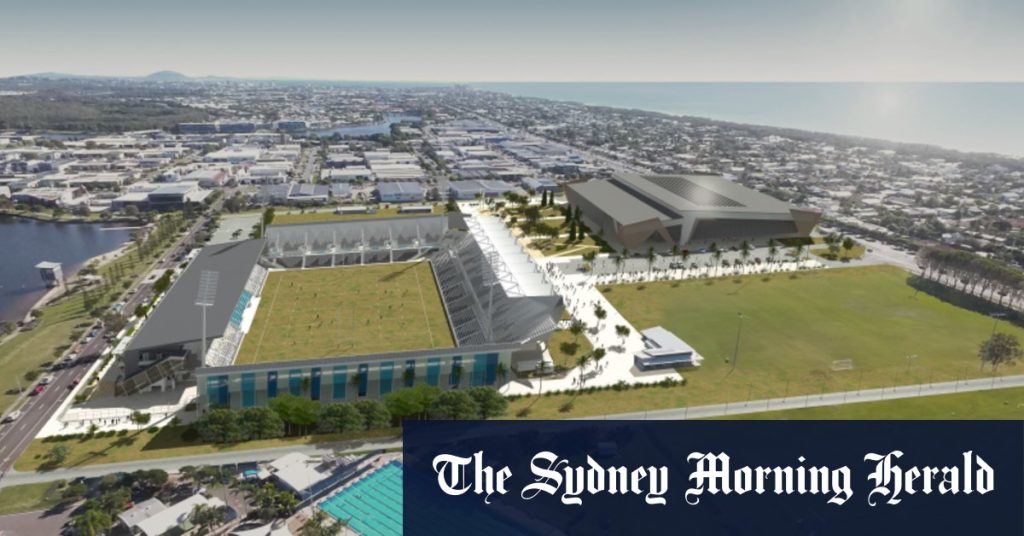The QSAC Stadium in Brisbane is set to undergo a $1.6 billion upgrade in preparation for the Olympic and Paralympic Games. The upgrade will bring the capacity of the stadium to 40,000 and will have a lasting legacy that will benefit Queensland for decades to come. The cost of the project does not include transport links, estimated at $400 million, which will be essential for the success of the stadium. The true cost of the QSAC project is still unknown, and a business case process will be undertaken to determine the exact requirements.
The Quirk review recommended the redevelopment of QSAC as Brisbane’s primary oval stadium, replacing the Gabba, at an estimated cost of $1 billion to bring the Gabba up to code. The stadium will be a state-of-the-art athletics venue for the Olympic Games with a stadium feel and efficient transport networks. The International Olympic Committee’s infrastructure experts will be involved in determining the additional funding required for the project. The delivery authority will be responsible for ensuring that the project meets the necessary requirements and is delivered in line with legislation.
The QSAC project will involve a combination of upgrades and a rebuild of the stadium to create a modern and beautiful facility for athletics events. The new stadium will be a permanent venue with a track that does not need to be torn up for other events. The stadium is expected to hold 40,000 spectators during the Olympics, making it the smallest Olympic stadium since the 1928 Amsterdam Olympics. Post-Olympics, the stadium will have a permanent capacity of 14,000, making it suitable for smaller events such as inter-school sports carnivals or national championships.
Grace, the Minister for the Olympics, emphasized the importance of the QSAC Stadium upgrade as a legacy project for Brisbane. The stadium will have a lasting impact on the city through improved facilities and transport networks that will also benefit the university and hospital. The project is seen as an opportunity to revitalize the neglected QSAC Stadium and create a world-class venue for athletics events. The focus will be on creating a facility that meets the needs of both the Olympic Games and the local community for years to come.
The upgrade of the QSAC Stadium is expected to bring significant economic and social benefits to Brisbane and Queensland. The project will create jobs, boost tourism, and improve the overall infrastructure of the area. The stadium will become a focal point for sports events and community activities, contributing to the vibrancy and livability of the city. The legacy of the stadium will extend beyond the Olympic Games, providing a valuable asset for future generations to enjoy.
Overall, the QSAC Stadium upgrade represents a major investment in Brisbane’s sporting infrastructure and the legacy of the Olympic Games. The project will transform the stadium into a modern and versatile facility that meets the needs of both elite athletes and the local community. With a focus on sustainability and lasting benefits, the QSAC Stadium upgrade is set to leave a positive and enduring impact on Brisbane and Queensland for years to come.















